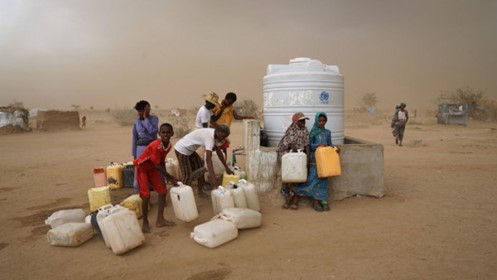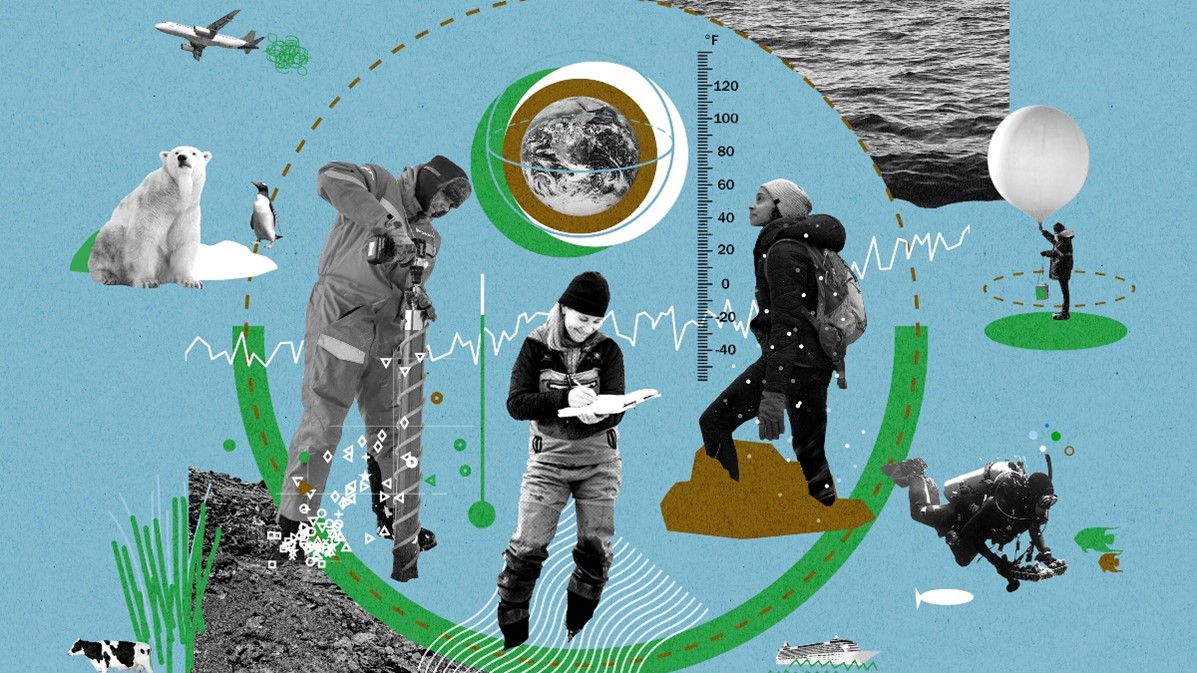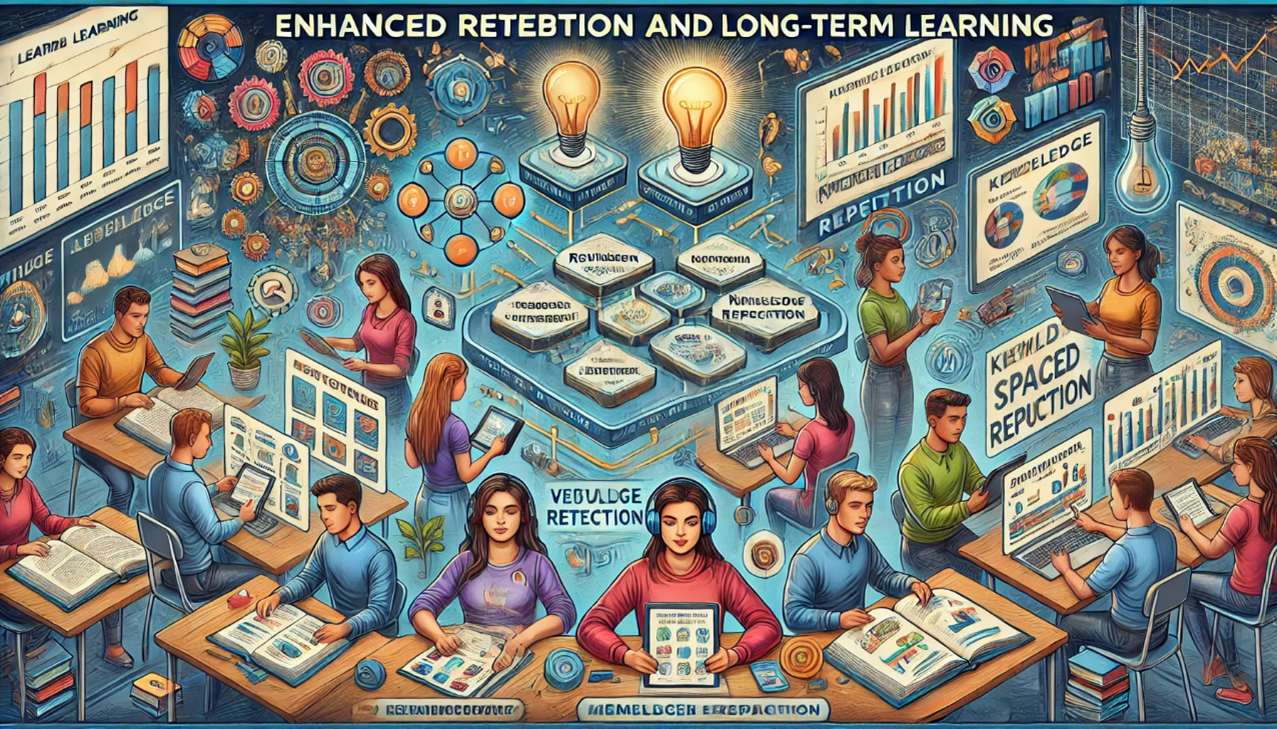How do disputes over natural resources affect global stability?

How do disputes over natural resources affect global stability?
by Maximilian 03:02pm Jan 03, 2025

Disputes over natural resources—such as water, fossil fuels, minerals, and arable land—can profoundly affect global stability by fueling conflicts, disrupting economies, and straining diplomatic relationships. These disputes often arise due to scarcity, unequal distribution, or strategic importance, and their effects can ripple across political, economic, and social domains.
1. Catalysts for Conflict
Territorial Disputes: Resources located in contested areas, such as the South China Sea (oil and gas) or the Arctic (hydrocarbons), often lead to heightened tensions or military confrontations.
Resource Scarcity: Limited access to critical resources like freshwater or arable land can exacerbate tensions between countries, as seen in disputes over the Nile River or transboundary aquifers.
Ethnic and Regional Tensions: Competition over resources within a country can ignite or worsen ethnic or regional conflicts, as observed in Nigeria's oil-rich Niger Delta.
2. Economic Disruptions
Global Markets: Resource disputes can disrupt global markets, causing price volatility and economic instability. For example, tensions in the Strait of Hormuz affect global oil prices.
Trade Wars: Countries may impose tariffs or embargoes on resource exports, as seen in disputes over rare earth minerals between China and the U.S.
Dependency Vulnerabilities: Nations heavily reliant on resource imports face economic risks when disputes threaten supply chains.

3. Environmental and Humanitarian Impacts
Degradation of Shared Resources: Over-exploitation or conflict over resources can lead to environmental degradation, such as deforestation, water pollution, or loss of biodiversity.
Displacement and Migration: Resource-driven conflicts often force people to flee, creating refugee crises that strain neighboring countries and international systems.
Human Rights Violations: In regions rich in resources like diamonds or gold, disputes often lead to exploitation, forced labor, and human rights abuses.

4. Geopolitical Rivalries
Energy Security: Countries compete for control over energy resources, leading to geopolitical rivalries. For example, Russia’s use of gas supplies as leverage in Europe has heightened tensions.
Strategic Chokepoints: Control over resource trade routes, such as the Strait of Malacca or the Panama Canal, becomes a point of contention in global politics.
Alliances and Proxy Wars: Resource interests often drive alliances or proxy wars, such as in the Middle East, where oil has played a central role in regional conflicts.
5. Impact on International Relations
Diplomatic Strains: Resource disputes strain bilateral and multilateral relations, complicating cooperation on other issues.
International Arbitration: Some disputes are resolved through international bodies like the International Court of Justice, but others remain unresolved, fostering long-term instability.
Arms Races: Competition for resources can lead to militarization and arms races, as countries seek to secure their interests.
6. Climate Change as a Multiplier
Water Wars: Melting glaciers and changing rainfall patterns are intensifying disputes over shared water resources, such as the Indus River between India and Pakistan.
Arctic Competition: Climate change is opening up new shipping routes and access to untapped resources in the Arctic, leading to territorial disputes among nations like Russia, Canada, and the U.S.
Food Security: Climate-induced resource scarcity, such as reduced agricultural yields, can lead to competition over arable land and food supplies.

Examples of Resource Disputes
South China Sea: Competing claims over oil, gas, and fisheries in this region involve China, the Philippines, Vietnam, and other nations, destabilizing regional security.
Nile River Basin: Ethiopia’s construction of the Grand Ethiopian Renaissance Dam has raised tensions with downstream countries like Egypt and Sudan over water rights.
Rare Earths and Critical Minerals: China's dominance in rare earth production has created geopolitical tensions with countries seeking to diversify supply chains.
Strategies for Mitigating Resource Disputes
International Cooperation: Agreements like the Indus Waters Treaty demonstrate how shared resources can be managed peacefully.
Sustainable Practices: Promoting efficient resource use and renewable alternatives reduces competition over finite resources.
Conflict Prevention Mechanisms: Mediation and arbitration through international organizations can help resolve disputes before they escalate.
Regional Integration: Collaborative frameworks, such as the European Union’s energy policies, can mitigate competition over resources.
Conclusion
Disputes over natural resources pose significant threats to global stability, as they intersect with economic, environmental, and geopolitical concerns. Addressing these disputes requires robust international cooperation, sustainable resource management, and proactive conflict resolution mechanisms to ensure that competition over resources does not escalate into broader conflicts.






